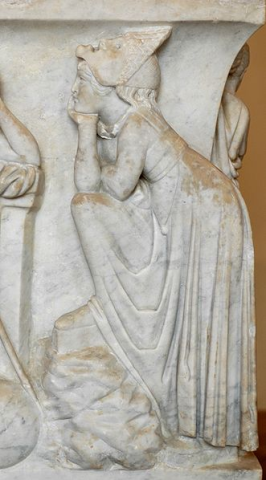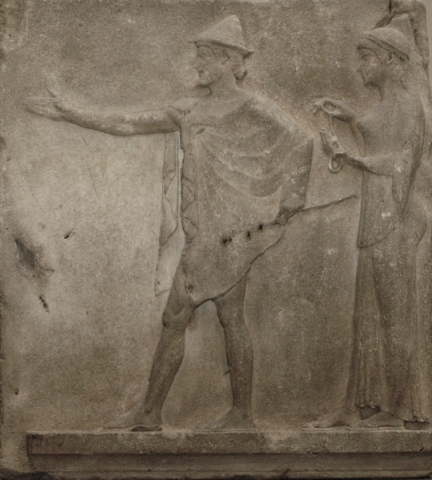
|
" not giving ourselves as a subject helps us deal with the tolerance of objectification (and disrespect caused thereby) ourselves and maintain self confidence - therefore apparent self-objectification may be used as a means of psychological protection " |
Philosophyof theBody |



